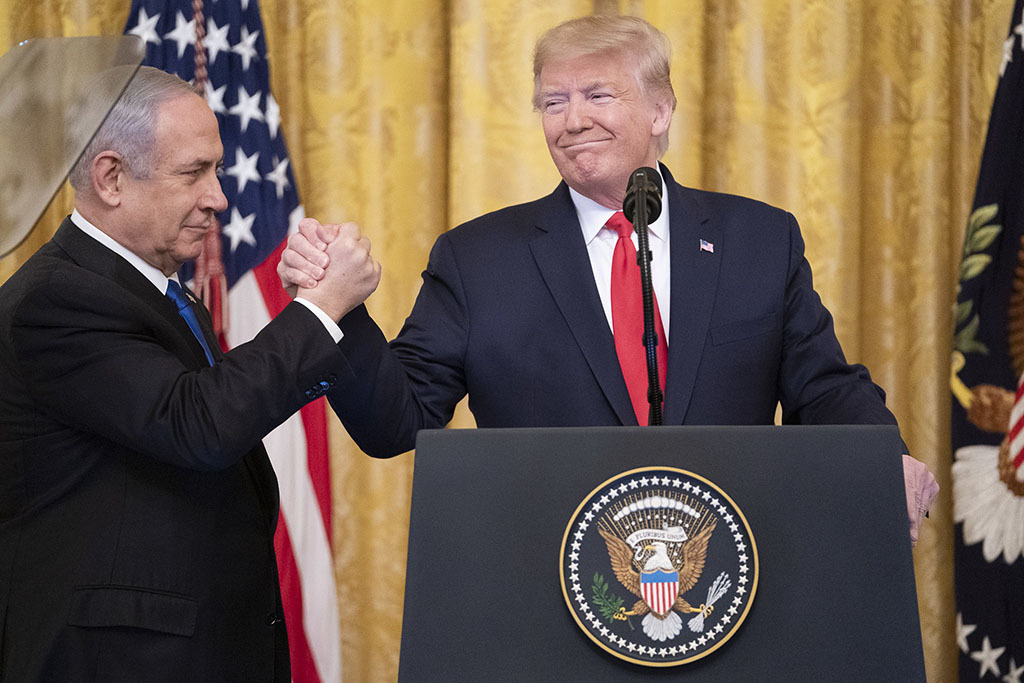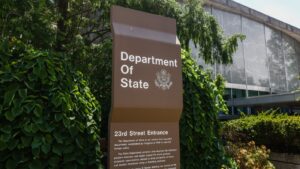Netanyahu and Trump Convene Amid Middle East Tensions, Hostage Deal in Focus
In a significant diplomatic engagement, Israeli Prime Minister Benjamin Netanyahu and U.S. President Donald Trump dined together at the White House on Monday evening. The meeting comes amidst ongoing efforts to broker a hostage-ceasefire agreement in Gaza and revive dialogue with Iran following recent military actions by both nations on Iranian nuclear facilities.
The dinner, held in the White House’s Blue Room, marked the third meeting between the leaders since Trump’s return to office in January. Discussion topics included the successful Iranian operation and the ongoing negotiations in Qatar. A notable moment during the dinner was Netanyahu presenting Trump with a Nobel Peace Prize nomination letter.
Netanyahu expressed, “I wanted to express deep appreciation and admiration, not only [on behalf] of all Israelis, but of the Jewish people,” as he handed the nomination letter to Trump. He praised Trump’s role in the Abraham Accords, stating, “He forged the Abraham Accords; he’s forging peace as we speak with one country and one region after the other.”
Prior to the dinner, Trump commented on the strong partnership with Netanyahu, stating, “The two have had a tremendous success together, and I think it will only go on to be even greater success in the future.”
When questioned about his ambitious plan for Gaza, which involves transforming it into the “Riviera of the Middle East” via voluntary migration and infrastructure development, Trump deferred to Netanyahu. Netanyahu supported the vision, emphasizing the importance of choice, saying, “It’s called free choice. If people want to stay, they can stay; but if they want to leave, they should be able to leave.”
Despite Israel’s support for the initiative, few Arab or Muslim countries have shown willingness to accept Gaza evacuees permanently. The UAE has offered to take Palestinians needing medical care, provided they return to Gaza afterward. Netanyahu remarked, Gaza “shouldn’t be a prison. It should be an open place.” He highlighted ongoing collaboration with the U.S. to find host countries for Palestinians who choose to leave.
Trump remains cautiously optimistic about the plan’s potential, noting “great cooperation” from neighboring countries and anticipating positive outcomes. However, many Palestinians in Gaza have expressed interest in leaving, though international support remains limited.
Regarding a two-state solution, Netanyahu refrained from endorsing the Oslo Accords’ proposal but supported Palestinians’ right to self-governance. He asserted, “I think the Palestinians should have all the powers to govern themselves, but none of the powers to threaten us.”
In light of Hamas’ rejection of the latest ceasefire proposal, Trump remains hopeful for a resolution, stating, “They want to meet and they want to have that ceasefire.”
Special Envoy to the Middle East, Steve Witkoff, shared optimism about the ongoing negotiations, stating, “We have an opportunity to finally get a peace deal.” Despite this, there is opposition within Israeli politics to any concessions allowing Hamas to maintain a presence in Gaza.
This article was originally published by All Israel News.
This article was originally written by www.christianpost.com





